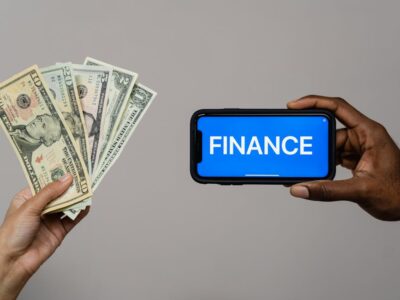The debt cycle is a vicious trap, sucking the joy out of life and threatening your financial future. Feeling overwhelmed by mounting bills, credit card debt, or loans? You’re not alone. But breaking free from this cycle doesn’t have to mean sacrificing your credit score or plunging into further hardship. This guide provides actionable steps to escape the debt cycle, rebuild your financial health, and emerge stronger on the other side.
Understanding the Debt Cycle
What is the Debt Cycle?
The debt cycle is a repeating pattern where individuals borrow money to cover expenses, but then struggle to repay the borrowed funds. This leads to accumulating more debt, creating a vicious cycle that’s difficult to break without a structured approach. It’s fueled by a combination of factors, including high-interest rates, impulsive spending, and a lack of financial planning.
Recognizing the Signs
Identifying the signs of being trapped in the debt cycle is crucial for taking action. Look for these common indicators:
- Constantly living paycheck to paycheck
- Feeling overwhelmed by bills and debt
- Using credit cards to cover everyday expenses
- Having difficulty meeting minimum payments
- Experiencing stress and anxiety related to finances
Breaking Free from the Cycle
Assess Your Current Situation
Before you can create a plan, you need to understand your current financial standing. Thoroughly document all debts, including the amount owed, interest rate, and minimum payment due. This detailed inventory will be your roadmap to tackling the debt.
Create a Realistic Budget
A budget is the cornerstone of financial freedom. Track all your income and expenses for a month to identify areas where you can cut back. Prioritize essential expenses and identify non-essential spending you can reduce or eliminate.
Prioritize High-Interest Debt
High-interest debts, such as credit cards, should be a top priority. Strategies like the debt avalanche or debt snowball methods can help you tackle these debts systematically.
Explore Debt Consolidation or Refinancing Options
Debt consolidation or refinancing can potentially lower your interest rates and simplify your monthly payments. However, carefully compare different options to ensure you’re not getting trapped in a new cycle with higher overall costs.
Seek Professional Advice
A financial advisor or credit counselor can provide personalized guidance and support throughout the process. They can help you develop a customized plan and navigate complex financial situations.
Protecting Your Credit Score
Make Consistent Payments
Maintaining consistent payments on all your debts is crucial for preserving your credit score. Even small missed payments can significantly impact your creditworthiness.
Monitor Your Credit Report Regularly
Regularly check your credit report for any errors or inaccuracies. Identifying and correcting these issues can help you maintain a positive credit history.
Avoid Opening New Lines of Credit
Opening new credit lines while you’re working to pay off existing debts can dilute your credit utilization ratio and negatively affect your score. Resist the urge to take on more debt until you’ve made significant progress.
Maintaining Financial Wellness
Breaking the debt cycle isn’t just about paying off debts; it’s about establishing long-term financial wellness. Develop good financial habits such as saving money, investing wisely, and avoiding impulsive purchases.
Developing Healthy Spending Habits
Understanding your spending patterns and identifying areas for improvement is essential. Consider using budgeting apps or tracking tools to gain a clearer picture of your financial habits.
Building an Emergency Fund
An emergency fund is a safety net for unexpected expenses. Aim to save enough to cover three to six months of living expenses to reduce reliance on debt in times of crisis.
Conclusion
Escaping the debt cycle is a journey, not a destination. By following these steps, you can develop a plan to effectively manage your debt, protect your credit, and build a financially secure future. Remember to be patient with yourself, stay committed to your plan, and seek professional help when needed. You have the power to break free and take control of your financial life.















Comments